"Indo-Pacific Security" International Study Group
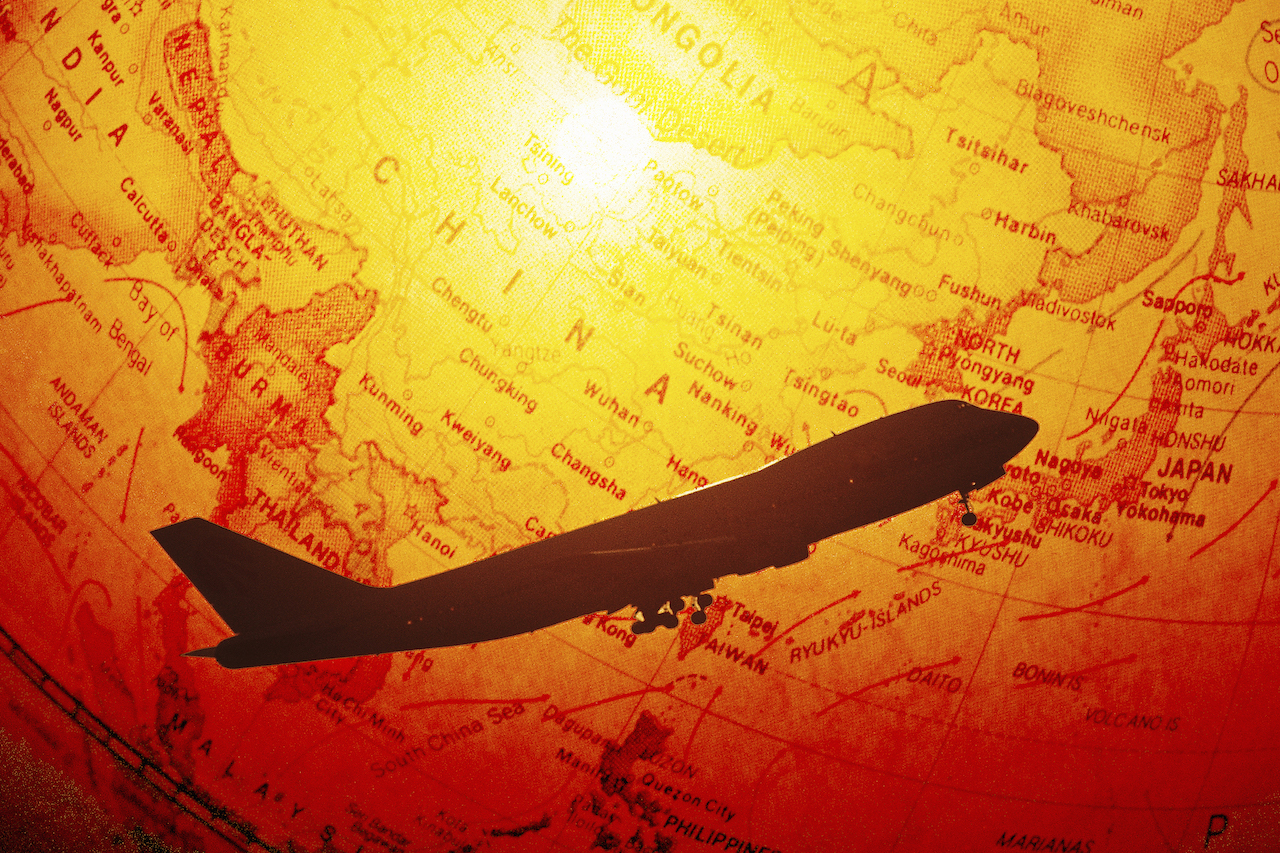
Activity records
2024.02.14 (Wed.)
News
Announcements
Joint Webinar “The risks of simultaneous conflicts in the Indo-Pacific.”
2024.02.14 (Wed.)
Event
Seminar
Joint Webinar: The Risks of Simultaneous Conflicts in the Indo-pacific
2024.02.06 (Tue.)
Event
Seminar
Seminar: Saku Security Forum "Maritime Security and Saku Region"
2023.07.19 (Wed.)
News
Announcements
Dr. Ryo Hinata-Yamaguchi appointed as Nonresident Senior Fellow at the Atlantic Council, Scowcroft Center for Strategy and Security, Indo-Pacific Security Initiative
Members
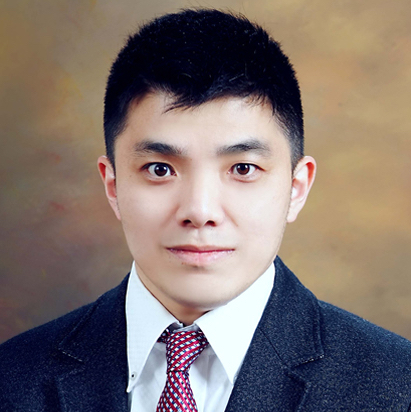
Ryo HINATA-YAMAGUCHI, Ph.D.
Former Project Assistant Professor/Project Research Associate (Aug. 2021-Aug. 2024)
His areas of specializations are Asian Politics and International Relations, Strategy and Defense, Transport Security
Working Group 4 on the Emerging Issues in Security Studies
Working Group 5 on Indo-Pacific Transport Security (Chair)
Ryo HINATA-YAMAGUCHI is a Project Assistant Professor at the Research Center for Advanced Science and Technology, the University of Tokyo; Senior Non-Resident Fellow at the Atlantic Council Scowcroft Center for Strategy and Security Indo-Pacific Security Initiative; and Adjunct Senior Fellow at the Pacific Forum. Ryo has presented, published, and consulted on a variety of topics relating to defense and security, and transport governance in the Indo-Pacific. Ryo previously served as a Non-Commissioned Officer in the Japan Ground Self-Defense Force (reserve) and also held positions at the Pusan National University, Universitas Muhammadiyah Malang, FM Bird Entertainment Agency, International Crisis Group Seoul Office, Sasakawa Peace Foundation, Embassy of Japan in Australia, and the Japan Foundation Sydney Language Centre. Ryo received his PhD from the University of New South Wales, MA in Strategic and Defense Studies and BA in Security Analysis from the Australian National University and was also a Korea Foundation Language Training Fellow.
Twitter: @tigerrhy
Instagram: https://www.instagram.com/tigerrhy/
Blog (Japanese): https://note.com/tigerrhy/
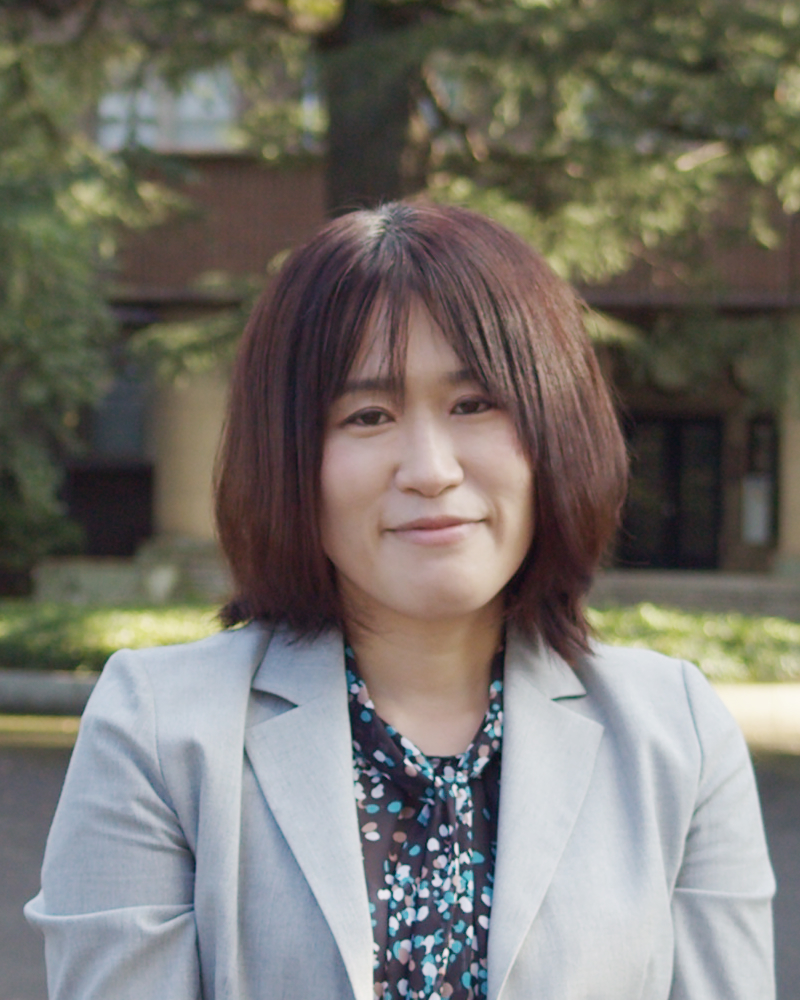
Wakako ITO, Ph.D.
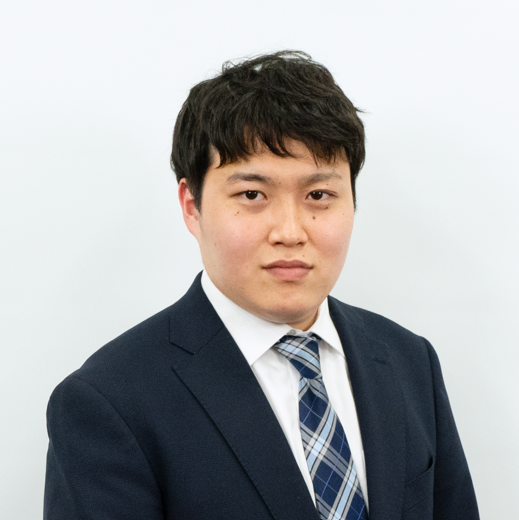
Kohei TOYODA
Associated Researcher of RCAST, University of Tokyo
Working Group 2 on Middle Eastern and Islamic Alternatives
Twitter: @toyodadesuyo
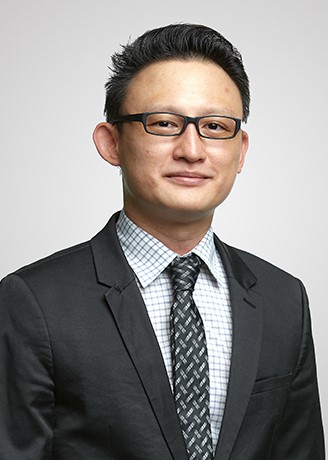
Collin KOH Swee Lean
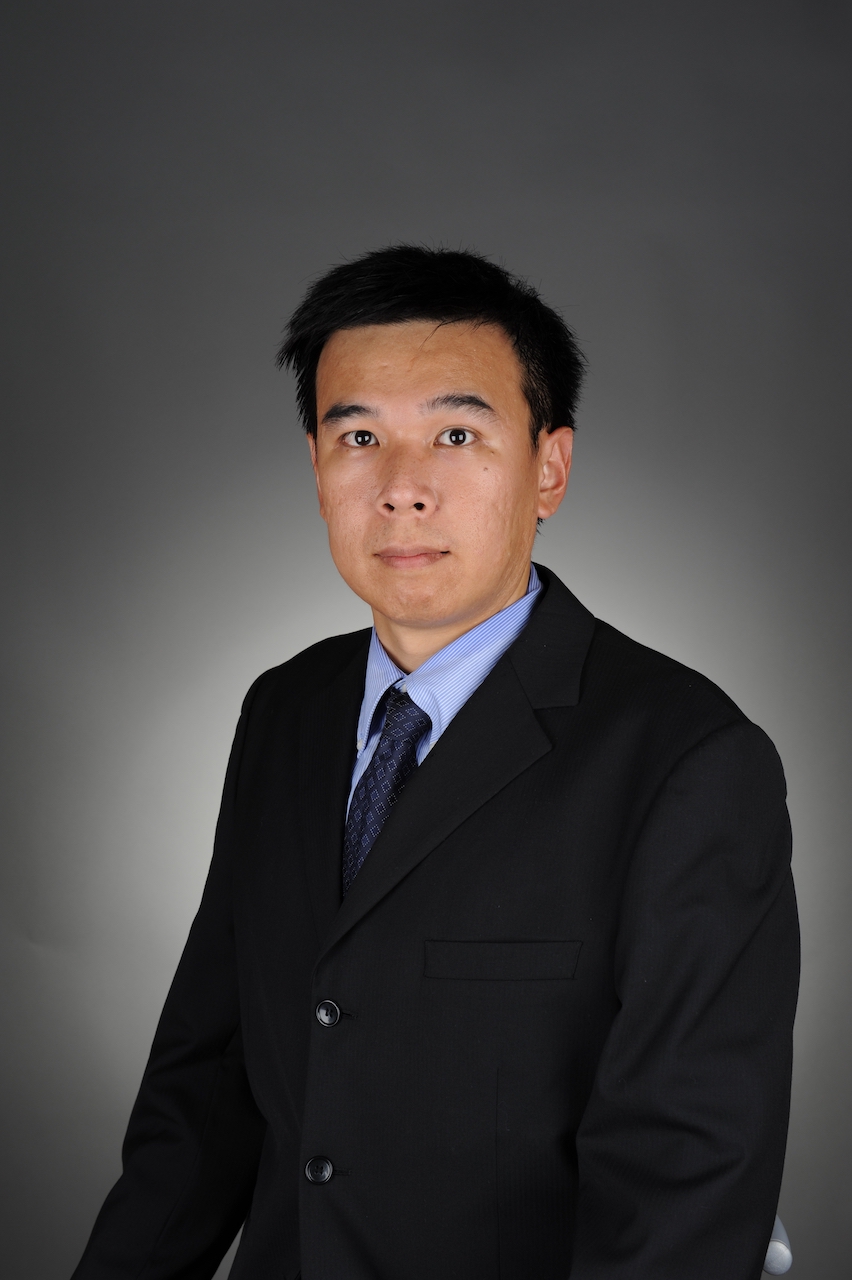
Shang-Su WU
Shang-Su Wu is an assistant professor and research coordinator at the Homeland Security Program, the Rabdan Academy, Abu Dhabi, United Arab Emirates. He was a research fellow at the S. Rajaratnam School of International Studies (RSIS), Nanyang Technological University, Singapore. Wu has a PhD from the University of New South Wales, Australia. He is the author of The Defence Capabilities of Small States: Singapore and Taiwan’s Responses to Strategic Desperation (London: Palgrave, 2016). Wu’s articles, commentaries and op-eds have been published in Asian Survey, Contemporary Southeast Asia, the Pacific Review, Defence Studies, Naval War College Review, and Asia Policy, among others.
Research interests: cross-strait relations, military security in Southeast Asia, railways of international relations
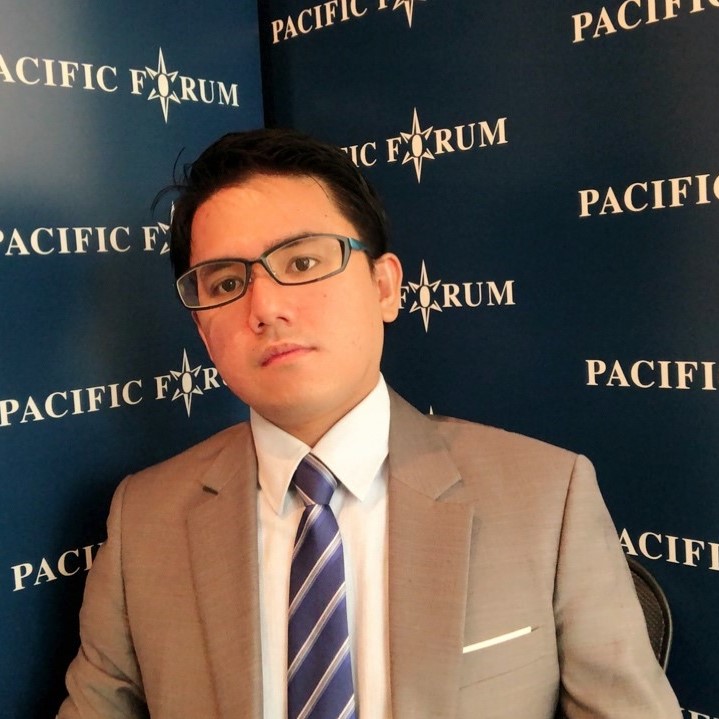
Jeffrey ORDANIEL
From 2016 to 2019, he was based in Honolulu and was the holder of the endowed Admiral Joe Vasey Fellowship at the Pacific Forum. Since 2019, Dr. Ordaniel has been convening several maritime security-related working groups and track 2 dialogues aiming to generate sound, pragmatic, and actionable policy prescriptions for the region. His current research on maritime security in Asia is funded by the Japan Society for the Promotion of Science (JSPS), 2020-2024.
Research interests: Maritime Security, US-Philippine Alliance, Southeast Asian International Relations
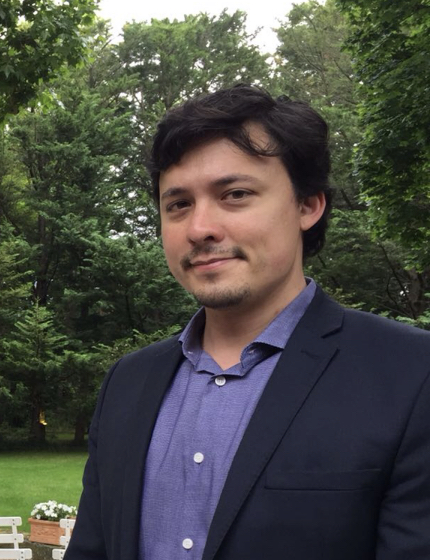
Christopher LAMONT
Assistant Dean of E-Track Programs and Professor, Institute for International Strategy, Tokyo International University
Christopher Lamont is Assistant Dean of E-Track Programs and Professor of International Relations. Previously, he held a tenured position at the University of Groningen, and was a postdoctoral fellow at the University of Ulster. He was also previously a Fulbright scholar at the University of Zagreb in Croatia. He holds a PhD from the University of Glasgow and has published widely on human rights and transitional justice. His recent publications have appeared in the Journal of Democracy, the International Journal of Human Rights, Global Policy, Journal of Intervention and Statebuilding, and Human Rights Review. He also co-edited, New Crifical Spaces in Transitional Justice (with Arnaud Kurze, Indiana University Press, 2019) and is the author of two research methods textbooks, Research Methods in International Relations (Sage 2015, second edition 2021), and Research Methods in Politics and International Relations (with Mieczyslaw Boduszyński, Sage 2020). In addition to his scholarly work, his writings have also appeared in Foreign Policy, Foreign Affairs, and the Washington Post’s Monkey Cage.

Aiko SHIMIZU
Prior to her current role, Aiko has worked in the private, public, and nonprofit sectors across the United States, Japan, and Germany, including at Twitter, BMW and Daimler urban mobility joint venture SHARE NOW (formerly car2go), Bloomberg, the United Nations, and the International Tribunal for the Law of the Sea. She has also been selected as a U.S.-Japan Council Emerging Leader, an Atlantic Council Millennium Leadership Fellow, a BMW Foundation Responsible Leader, a Salzburg Global Fellow, and an Asia Society Asia 21 Young Leader. Aiko received her graduate degrees from the University of Pennsylvania Law School and Columbia University’s School of International and Public Affairs (SIPA). She received her Bachelor’s degree with Honors in Political Science and International Studies from the University of Chicago.
Research interests: Artificial Intelligence (AI), technology, cybersecurity, sustainability, mobility, energy
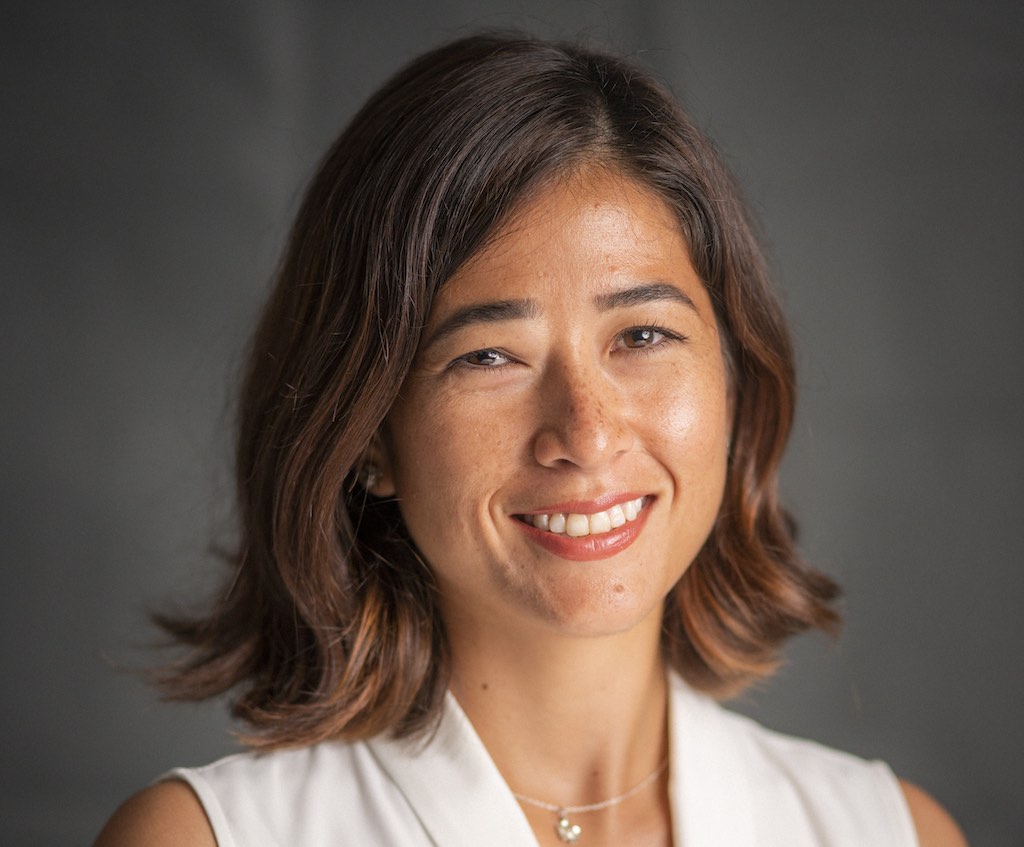
Ariel STENEK
Ariel Stenek is a PhD student in the GRIPS Global Governance Program (Security and International Studies concentration) at the National Graduate Institute for Policy Studies (GRIPS) in Tokyo. Previously she was director of the Young Leaders Program at Pacific Forum, an initiative that supports a global network of over 1,500 young professionals working in foreign policy and security studies, and was co-lead investigator of Pacific Forum's Women, Peace and Security program. Past positions include interning at the Daniel K. Inouye Asia-Pacific Center for Security Studies and working on UNESCO's Silk Roads Programme. She holds an M.A. in International Relations from Queen Mary, University of London (Paris campus) and a B.A. in Global Politics and Societies with a minor in European Studies from the University of San Francisco. Her research interests include maritime security, U.S.-Japan relations, and Indo-Pacific security architecture.

John BRADFORD
Prior to becoming a full-time researcher, he spent more than twenty-three years as a U.S. Navy officer. As a Surface Warfare Officer, he served as Commanding Officer, Executive Officer, Combat Systems Officer, Chief Engineer, Navigator, and First Lieutenant in ships forward-deployed to Japan. His staff assignments included service as Deputy Director for the U.S. Seventh Fleet Maritime Headquarters, as Regional Cooperation Coordinator for the U.S. Seventh Fleet, as Country Director for Japan in the Office of the Secretary of Defense, and Asia-Pacific Politico-military Branch Chief on the Navy Staff. As an Olmsted Scholar, CDR Bradford studied in the Department of Political Science at Gadjah Mada University in Indonesia and completed an MSc (Strategic Studies) from RSIS. He is also a graduate of Japan’s National Institute of Defense Studies and is proud of the training he received as a midshipman aboard the Royal Malaysian Navy ship KD Rahmat. A list of his publications can be viewed here.
Research interests: Asian security, maritime issues, security cooperation
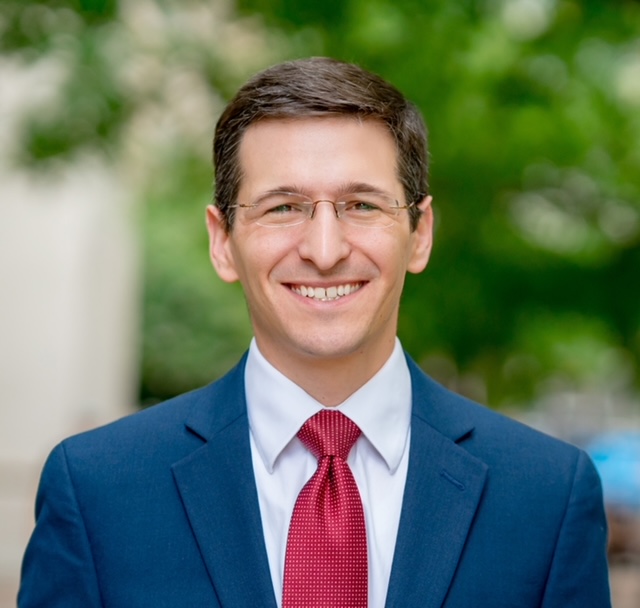
Zack COOPER
Zack Cooper is a senior fellow at the American Enterprise Institute, where he studies US strategy in Asia, including alliance dynamics and US-China competition. He also teaches at Princeton University and is currently writing a book that explains how militaries change during power shifts.
Postwar Japan: Growth, Security, and Uncertainty Since 1945 (CSIS/Rowman & Littlefield, 2017) and Strategic Japan: New Approaches to Foreign Policy and the U.S.-Japan Alliance (CSIS/Rowman & Littlefield, 2014).
Research interests: Asia, alliances, defense strategy, military technology, U.S. foreign policy, U.S.-China competition
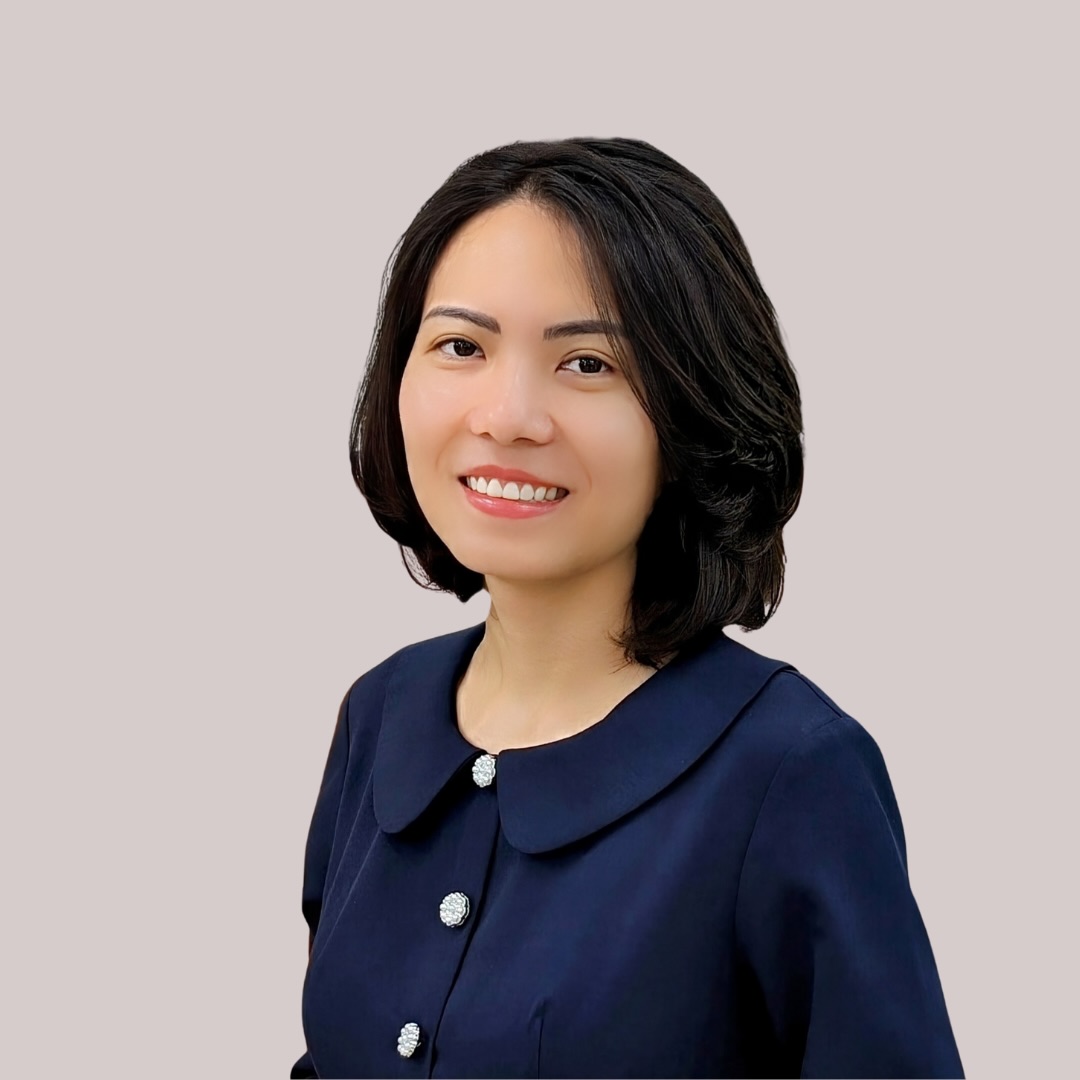
Bich TRAN
Research interests: Vietnam’s grand strategy, Vietnam-China relations, Vietnam-US relations, ASEAN, maritime security

Jonathan BERKSHIRE MILLER
Security, and Defence program at the Ottawa-based Macdonald Laurier Institute. He is also concurrently a senior fellow with the Japan Institute of International Affairs (JIIA) and senior fellow on East Asia for the Tokyo-based Asian Forum Japan. Miller also is the Director and co-founder of the Council on International Policy. He also holds appointments as Canada’s ASEAN Regional Forum Expert and Eminent Person (EEP) and as a Responsible Leader for the BMW Foundation. Previously, he was an international affairs fellow with the Council on Foreign Relations, based in Tokyo. Other former appointments and roles include terms as a Distinguished Fellow with the Asia-Pacific Foundation of Canada, and Senior Fellow on East Asia for the New York-based EastWest Institute.
Miller also held a fellowship on Japan with the Pacific Forum CSIS from 2013-16, and has held a number of other visiting fellowships on Asian security matters, including at JIIA and the National Institute of Defense Studies (Ministry of Defense - Japan). In addition, Miller previously spent nearly a decade working on economic and security issues related to Asia with the Canadian federal government and worked both with the foreign ministry and the security community. He regularly attends track 1.5 and track 2 dialogues in the region and lectures to universities, think-tanks, corporations and others across the Asia-Pacific region on security and defense issues. He regularly consults, provides advice and presents to the private sector, multilateral organizations and governments on regional geopolitics.
Jonathan is a regular contributor to several journals, magazines and newspapers on Asia-Pacific security issues including The Economist Intelligence Unit, Foreign Affairs, Foreign Policy and Nikkei Asian Review. He has also published widely in other outlets including Forbes, Newsweek Japan, the Globe and Mail, the World Affairs Journal, the Japan Times, the Mainichi Shimbun, the ASAN Forum, Jane’s Intelligence Review and Global Asia. Miller has been interviewed and quoted on regional security issues across a wide range of media including the New York Times, the Washington Post, the Wall Street Journal, Reuters, CNN, CNBC, Bloomberg, Le Monde, Nikkei, the Japan Times, Asahi Shimbun, the Voice of America, the Globe and Mail, CBC, CTV and ABC news.
Research interests: Indo-Pacific security; strategic competition; 5EYES and 5EYES plus engagement in region; intelligence cooperation; US-Japan-ROK; ASEAN; emerging technologies; economic security; supply chain resilience
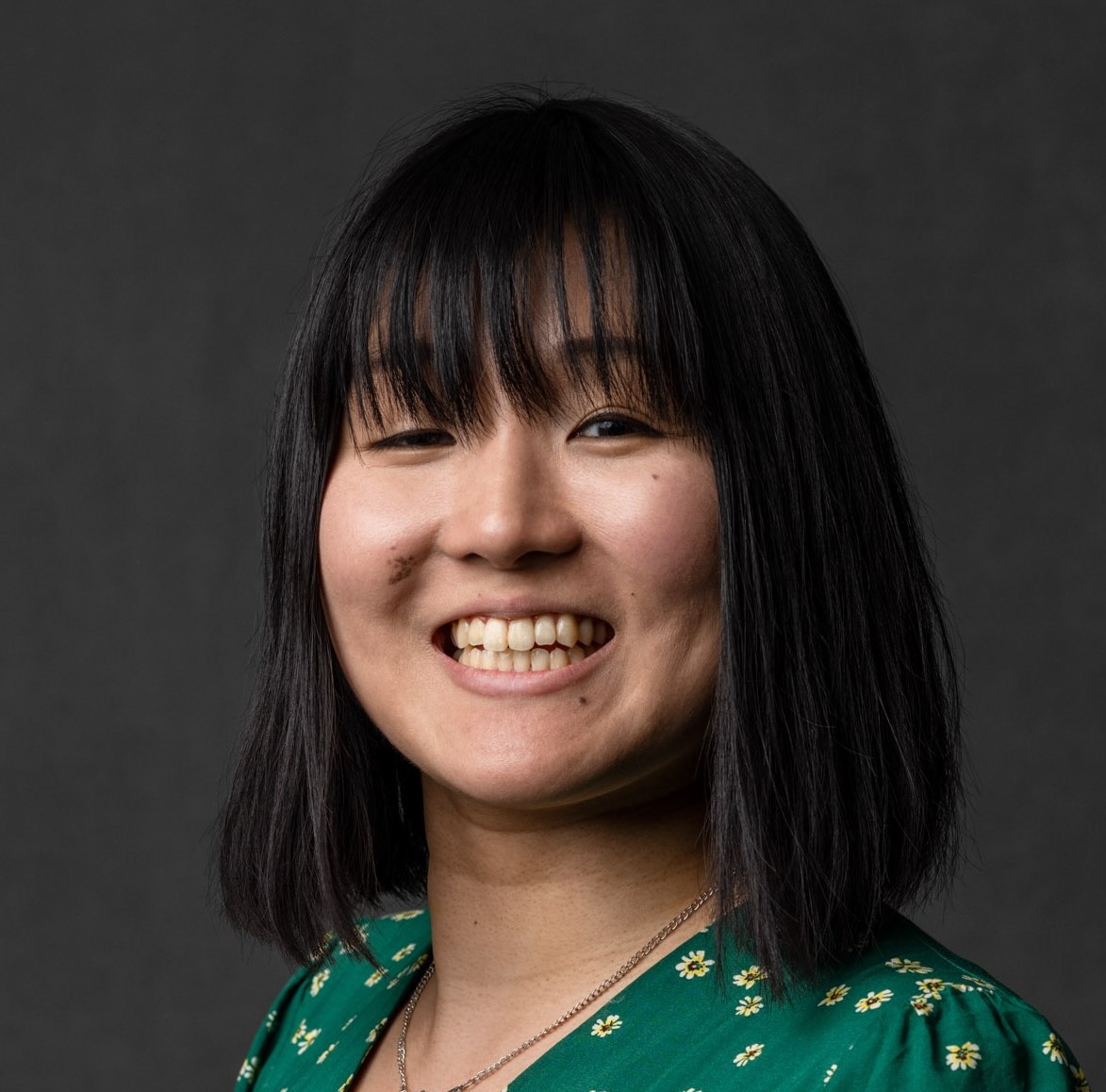
Kyoko IMAI
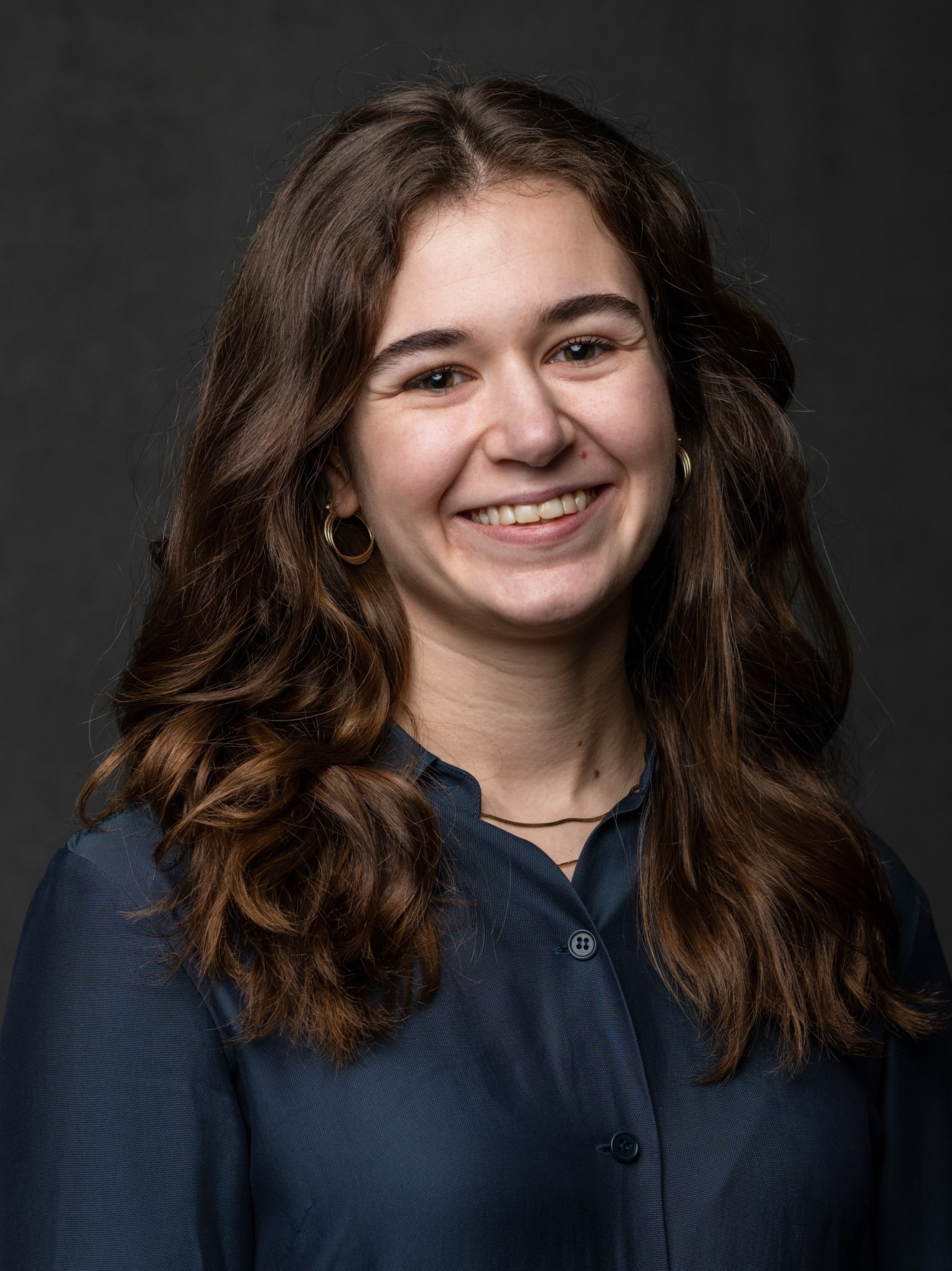
Emma VERGES
Research interests: China, Russia, human rights, immigration, soft power issues
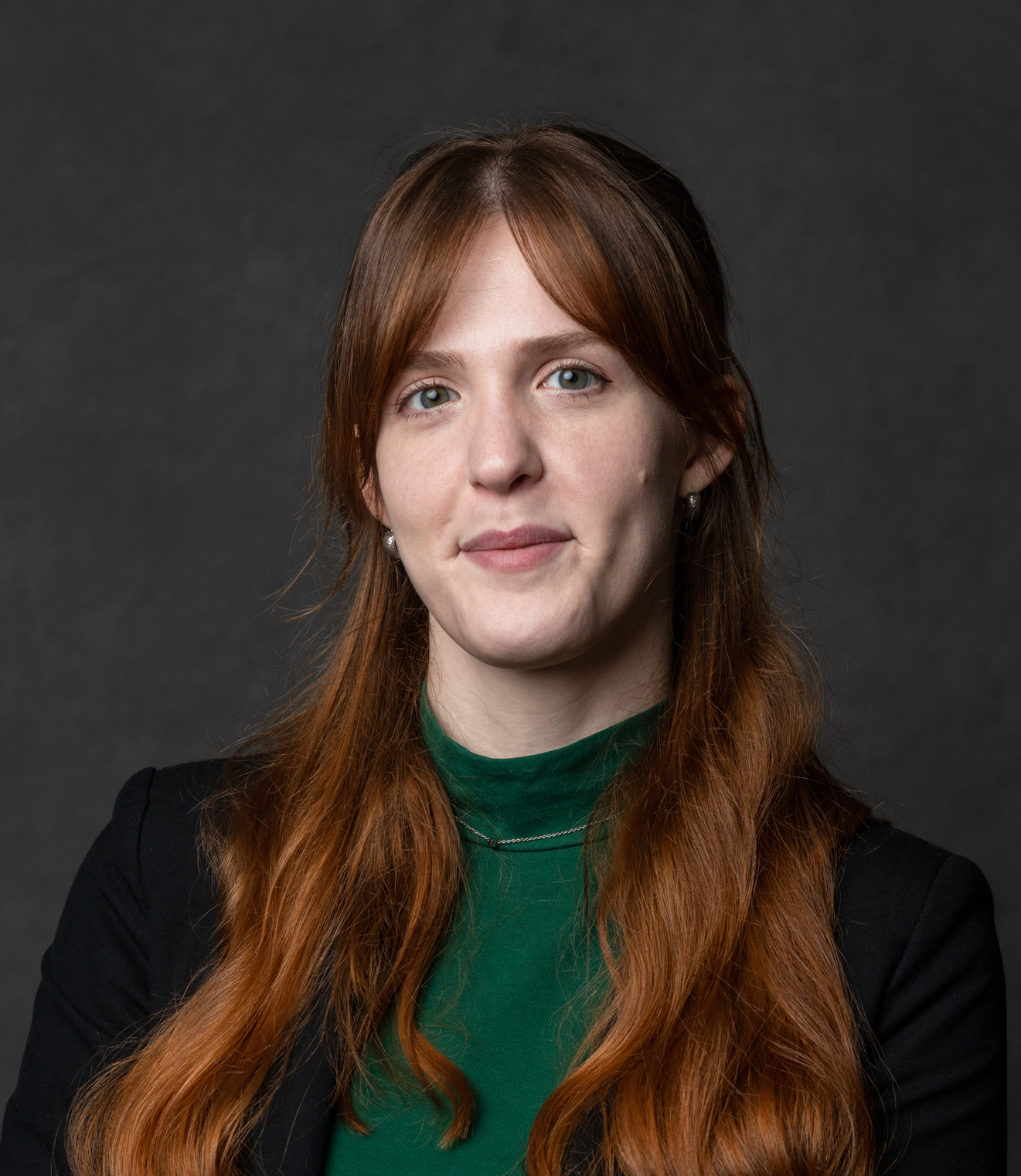
Lauren GILBERT
this role, she oversees research and programming focused on engaging with US, allied, and partner governments and other key stakeholders to shape strategies and policies to
mitigate the most important rising security challenges facing the region. In particular, her work focuses on US-ROK-Japan trilateral cooperation, Korea-Japan relations,
integrated deterrence, and trans-Atlantic-Pacific coordination with the aim of defending the rules-based international system.
Originally from Texas, Gilbert holds an MIS in International Cooperation from Seoul National University’s Graduate School of International Studies. Her thesis focused on an
analysis of US-ROK-Japan trilateral security cooperation within the lenses of the balance of threat theory and the concept of national strategic identities. She also attained her BA with high honors in International Relations and Global Studies, with a concentration in International Security and a minor in Asian Studies, from the University
of Texas at Austin. She spent a year abroad studying at Korea University’s Division of International Studies.
Research interests: US-ROK-Japan trilateral cooperation, Korea-Japan relations, integrated deterrence, and trans-Atlantic-Pacific coordination
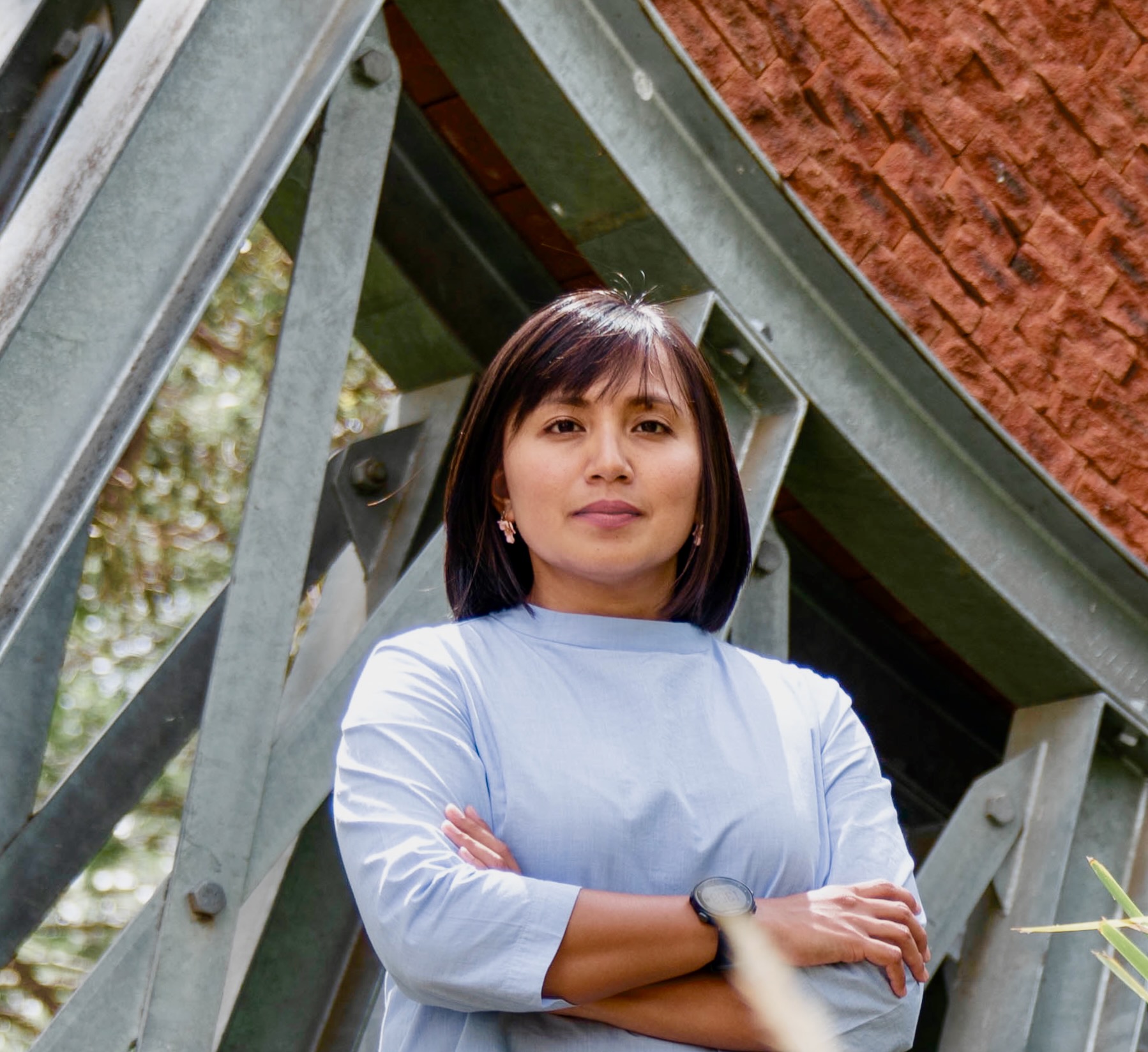
Maria TANYAG
Research interests: Global politics of sexual and reproductive health; global political economy and social reproduction in crisis settings; feminist critiques of postconflict and postdisaster crisis response; feminist methodologies in IR.
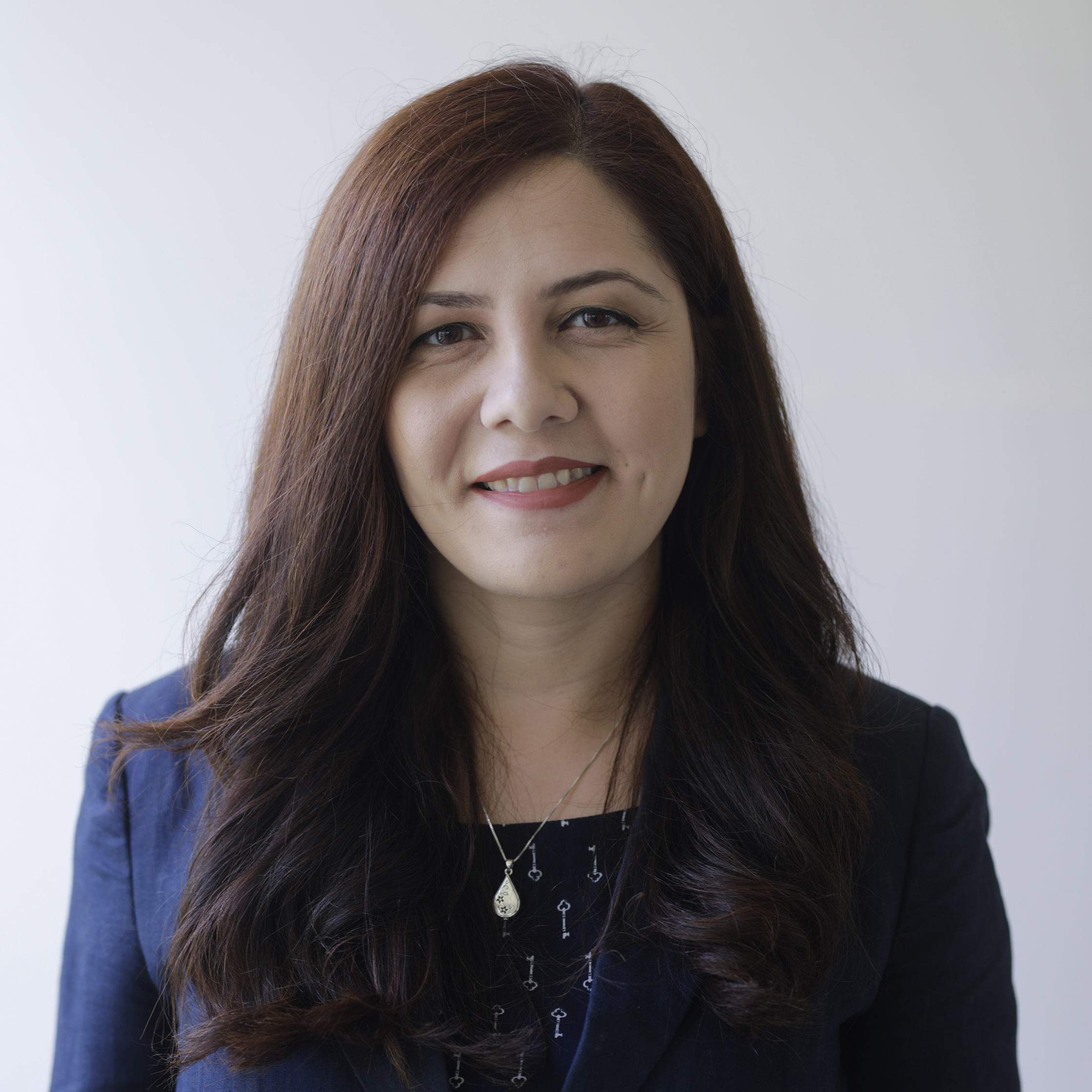
Kristi GOVELLA
Dr. Govella was previously Senior Fellow and Deputy Director of the Asia Program at The German Marshall Fund of the United States, a Postdoctoral Fellow at Harvard University, and an Associate Professor at the Daniel K. Inouye Asia-Pacific Center for Security Studies. She has also been a Visiting Research Fellow at the University of Tokyo and Waseda University. She holds a Ph.D. in Political Science from the University of California, Berkeley.
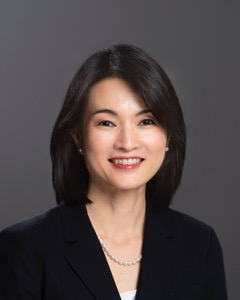
Naoko AOKI
Prior to joining RAND, Aoki was a Non-Resident Senior Fellow at the Atlantic Council. Her professional experience includes a nuclear security fellowship at the House of Representatives. She was also a 2018–2019 Stanton Nuclear Security Fellow and an adjunct political scientist at RAND. Additionally, she was an adjunct professor at the Johns Hopkins University School of Advanced International Studies (SAIS), American University, University of Maryland, and University of Southern California’s Washington DC program.
She was formerly a journalist with Japan’s Kyodo News, reporting on the Japanese government from Tokyo before serving as a Beijing correspondent. She has visited North Korea 18 times on reporting trips. She holds a Ph.D. in policy studies from the University of Maryland, College Park, an M.A. in international relations and international economics from the Johns Hopkins University SAIS, and a B.A. in English from Sophia University in Tokyo, Japan.
Research interests: Indo-Pacific, China, Japan, North Korea, South Korea, East Asia Nuclear security, nuclear deterrence, arms control, U.S. alliances, security cooperation, emerging technology policy, diplomacy, politics and government
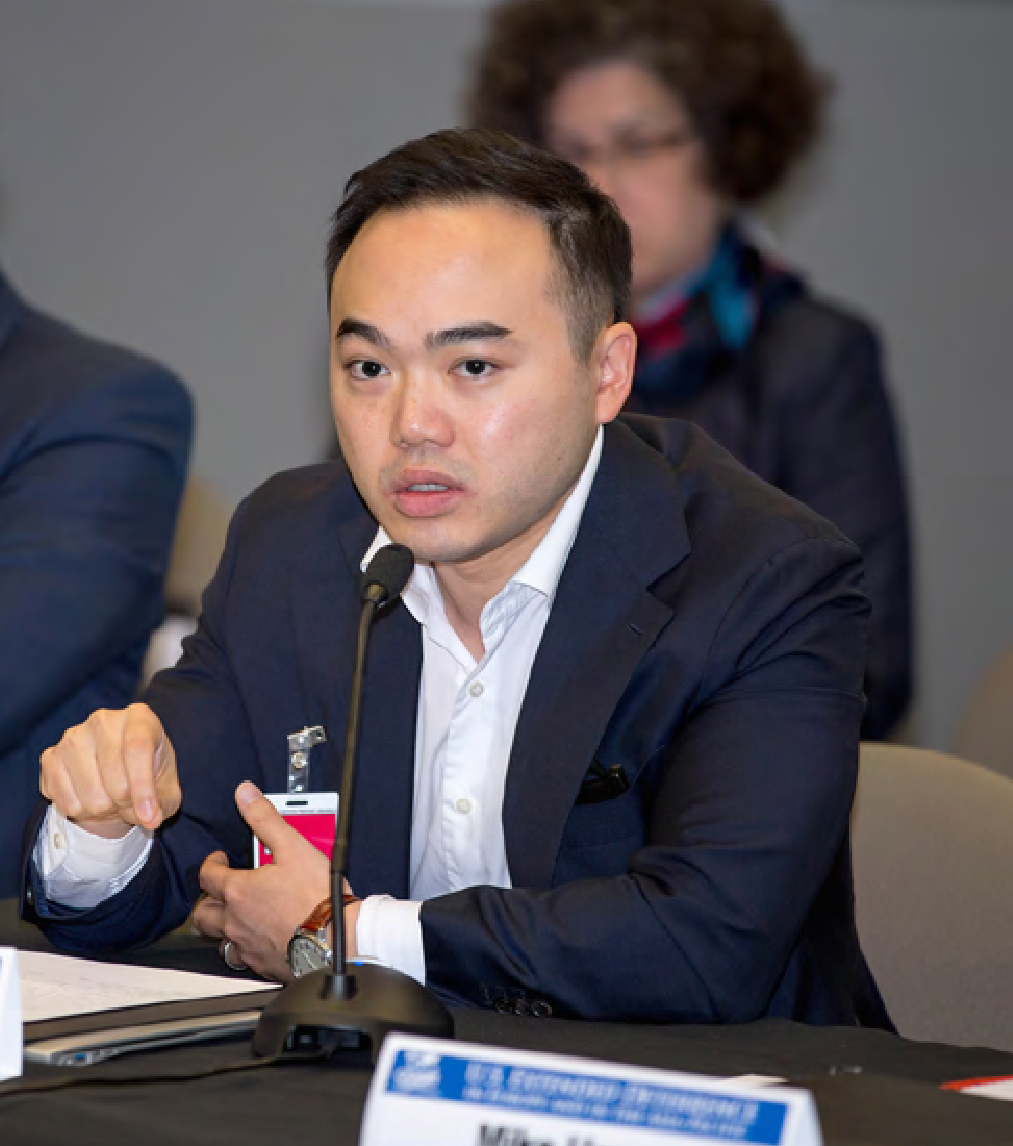
S. Paul CHOI
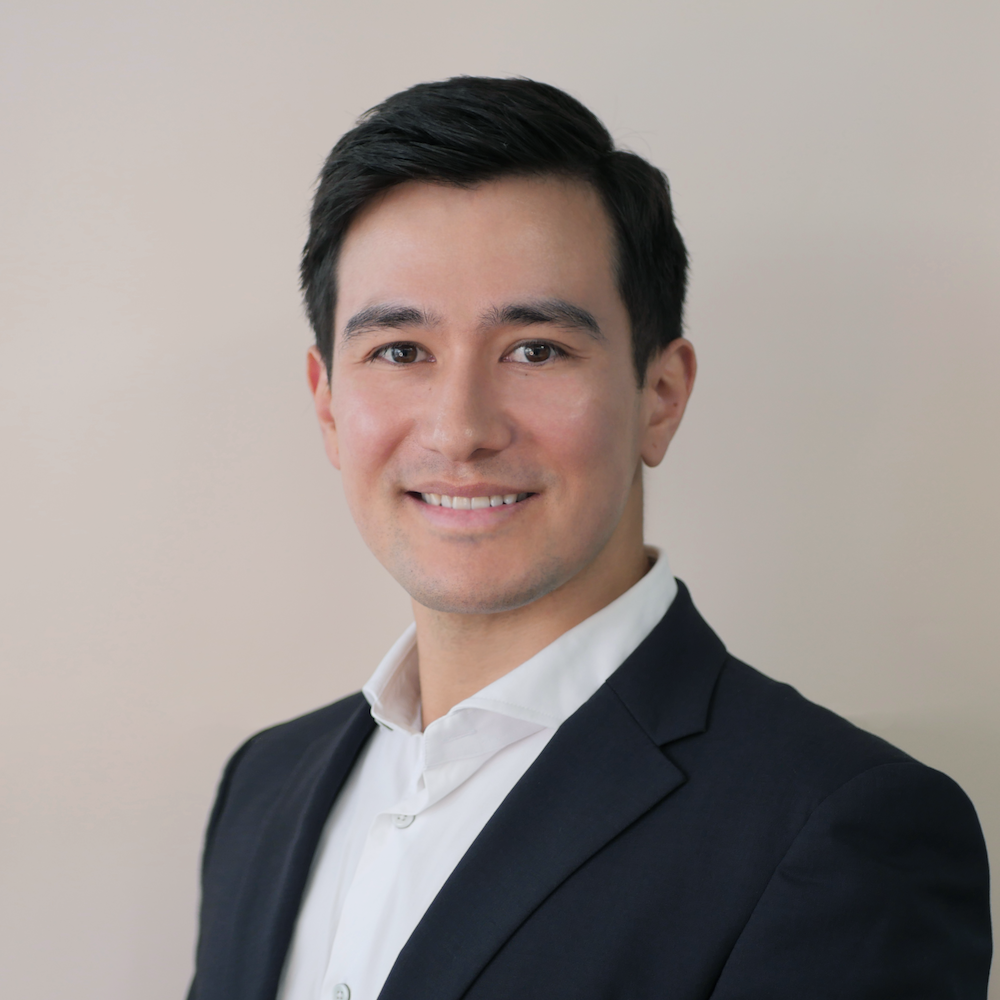
Arius DERR
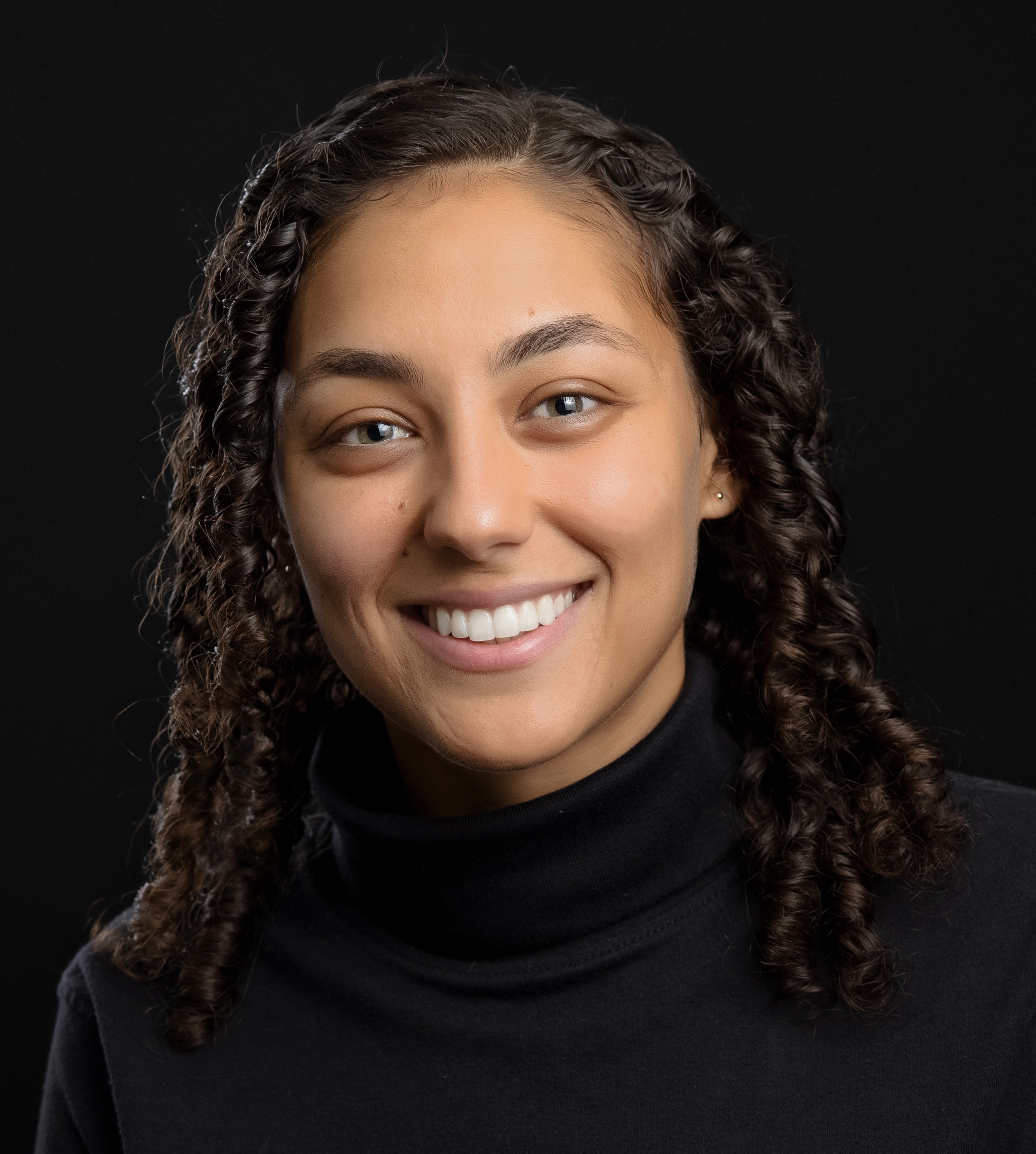
Jasmin ALSAIED
Research interests: nuclear challenges in the Indo-Pacific; emerging tech integration; alliance strategy and cohesion
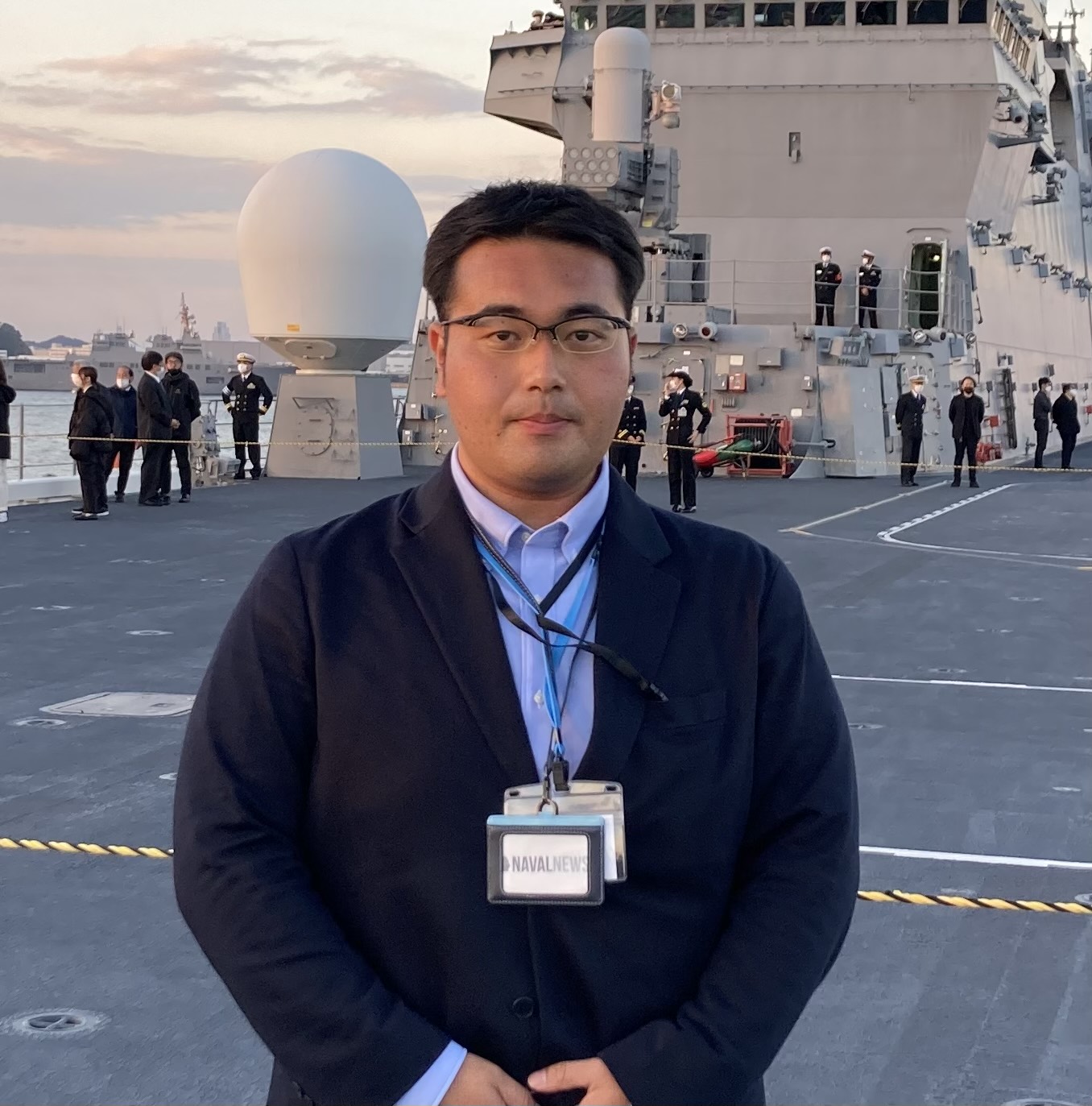
Yoshihiro INABA
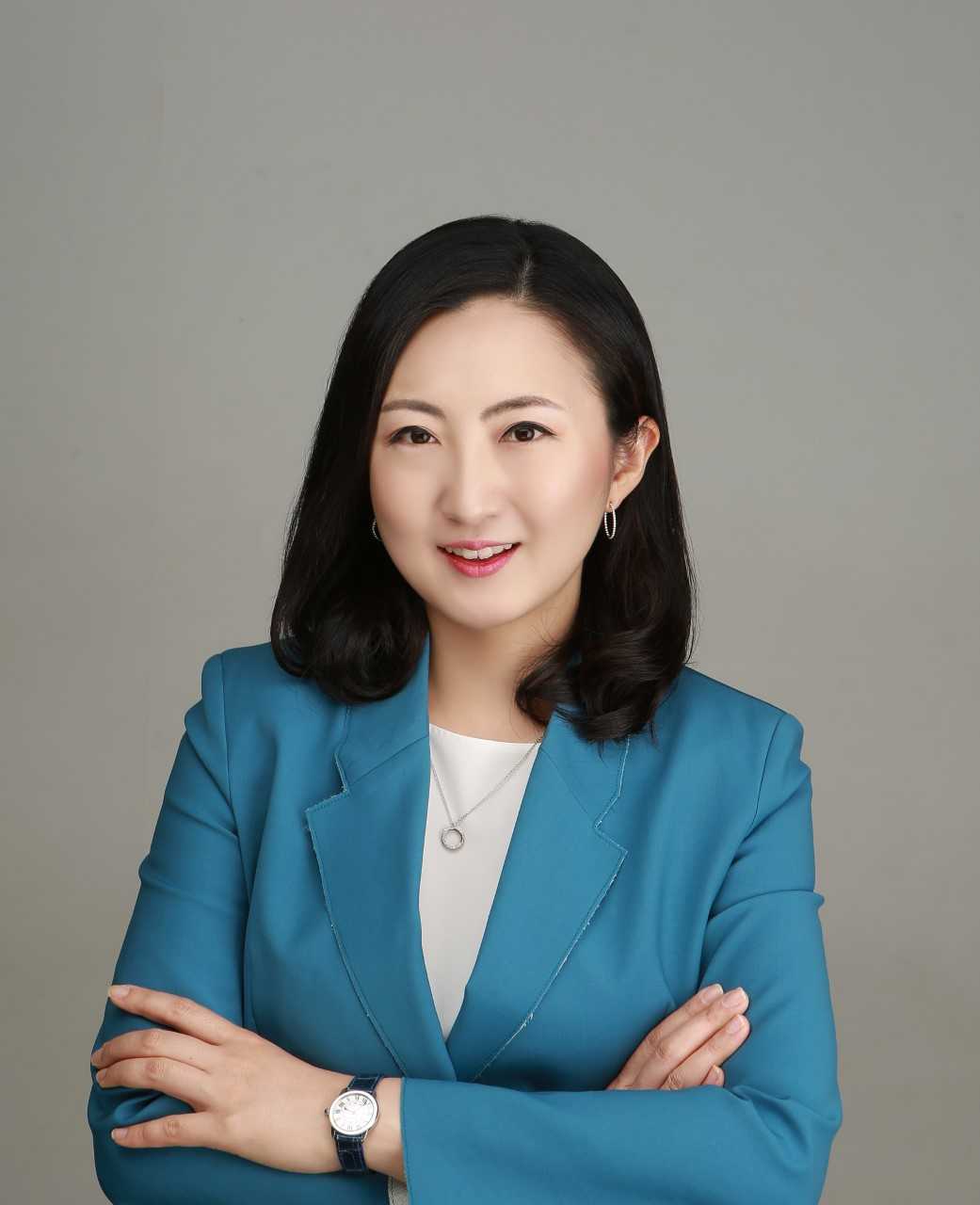
Eunjung LIM
Her areas of specialization include international cooperation in the Indo-Pacific, comparative and global governance, and energy, nuclear, and climate change policies of East Asian countries. Since 2018, she has served as a board member of Korea Institute of Nuclear Nonproliferation and Control (KINAC), and currently serves as a member of Policy Advisory Committee for Ministry of Unification. She is also the chair of Japan Studies Committee of The Korean Association of International Studies.
Before joining the KNU faculty, Dr. Lim served as an Assistant Professor at College of International Studies, Ritsumeikan University, in Kyoto, Japan. She also taught at several universities in the United States and Korea, including Johns Hopkins University, Yonsei University, and Korea University. She has been a researcher and a visiting fellow at academic institutes including the Center for Contemporary Korean Studies at Interfaculty Initiative in Information Studies at the University of Tokyo, the Institute of Japanese Studies at Seoul National University, the Institute of Japan Studies at Kookmin University, and the Institute of Energy Economics, Japan.
She earned a B.A. from the University of Tokyo, an M.I.A. from Columbia University’s School of International and Public Affairs, and a Ph.D. from Johns Hopkins University’s School of Advanced International Studies.
Research interests: international cooperation in the Indo-Pacific region, comparative and global governance, energy security, resource security, nuclear policies, fuel cycle policies, climate change policies
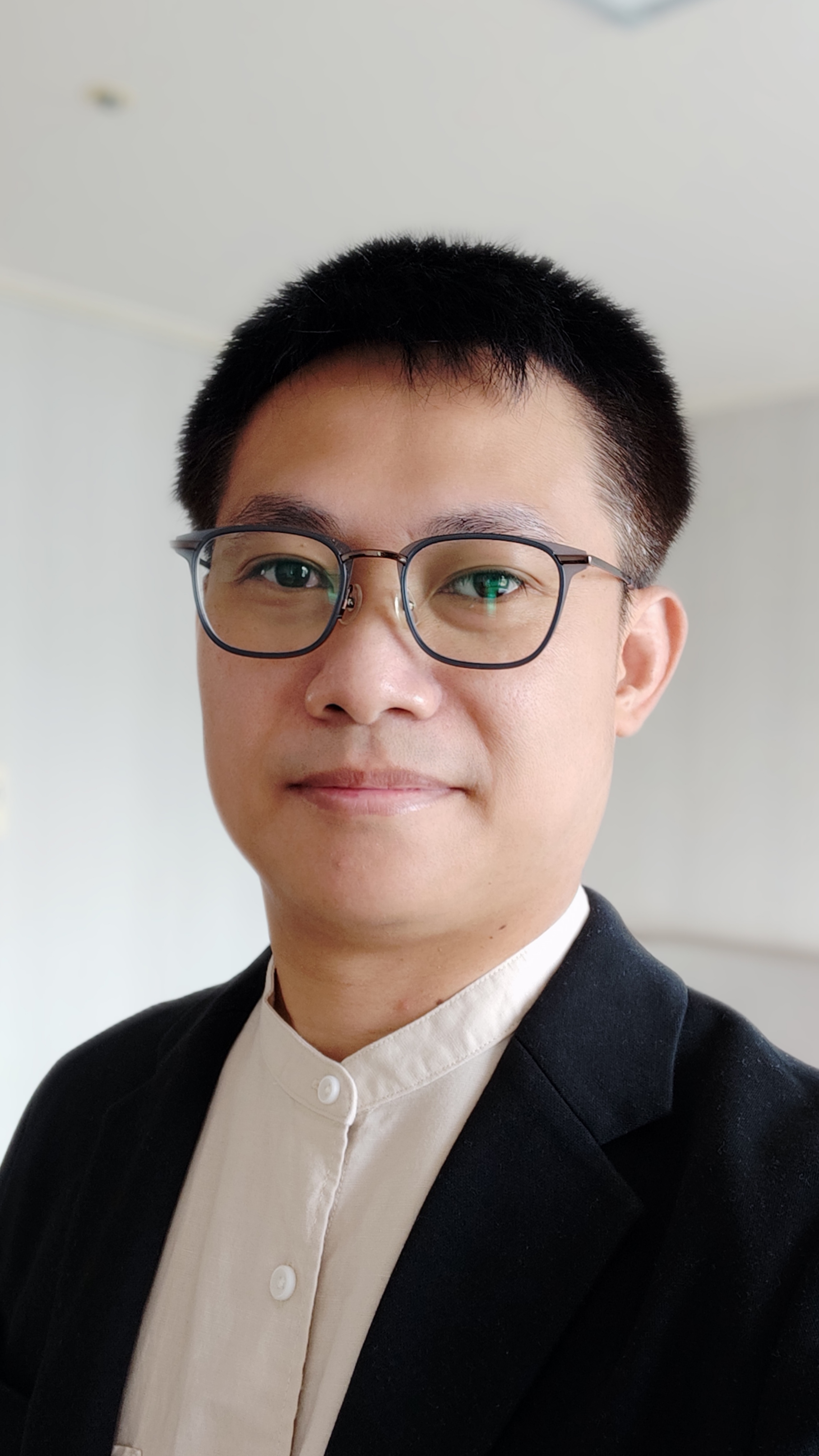
Tonny Dian EFFENDI
He was a visiting research fellow at the Japan Institute of International Affairs (JIIA), Japan, the Institute of International Relations (IIR)-National Cheng Chi University, Taiwan, as well as a visiting scholar at the Department of International Relations and Public Administration,
Universidade do Minho, Portugal. He experienced in conducting research under the Sumitomo Foundation’s Japan-related research program, the Southeast Asian Studies Regional Exchange (SEASREP) Program’s research
program, the Australian National University (ANU) Indonesia Project, the European Association of Taiwan Studies (EATS) research-publication program, and the
international collaborative research under the Ministry of Higher Education, Republic of Indonesia. He obtained his Bachelor of Social Science in International Relations from Universitas Jember in Indonesia, while his master’s degree was obtained from Universitas Muhammadiyah Malang (Master of Science in Sociology) and Universiti Sains Malaysia (Master of Social Science- by research in International Relations). Currently, he is a PhD candidate from the Institute of Political Science, National Sun Yat-Sen University, Taiwan.
Research interests: International Relations; diplomacy; constructivism; East Asia regional studies; China; Indonesia; diaspora
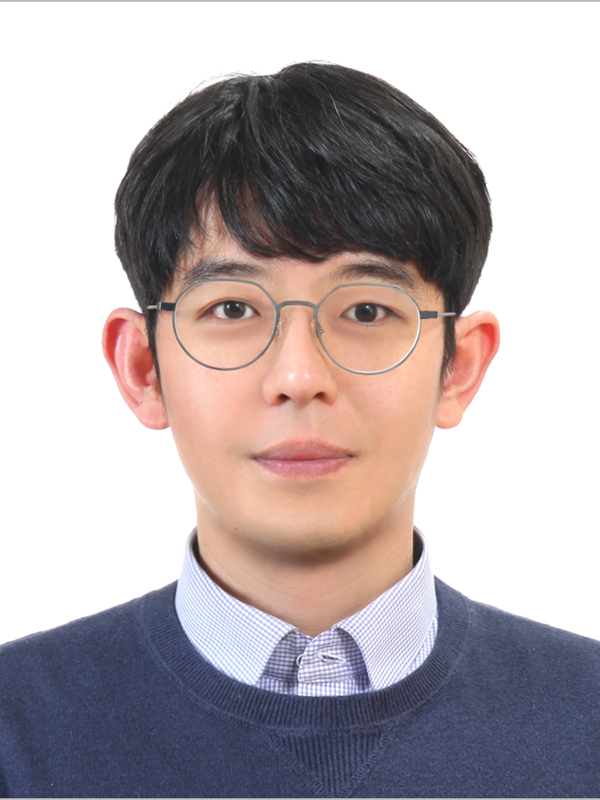
DongJoon PARK

Katherine YUSKO
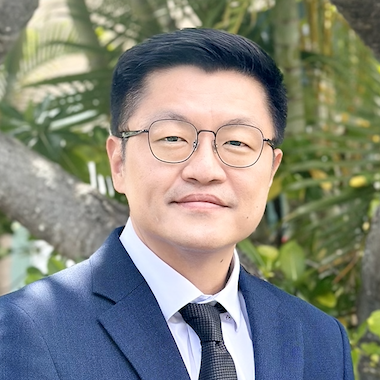
Sungmin CHO
